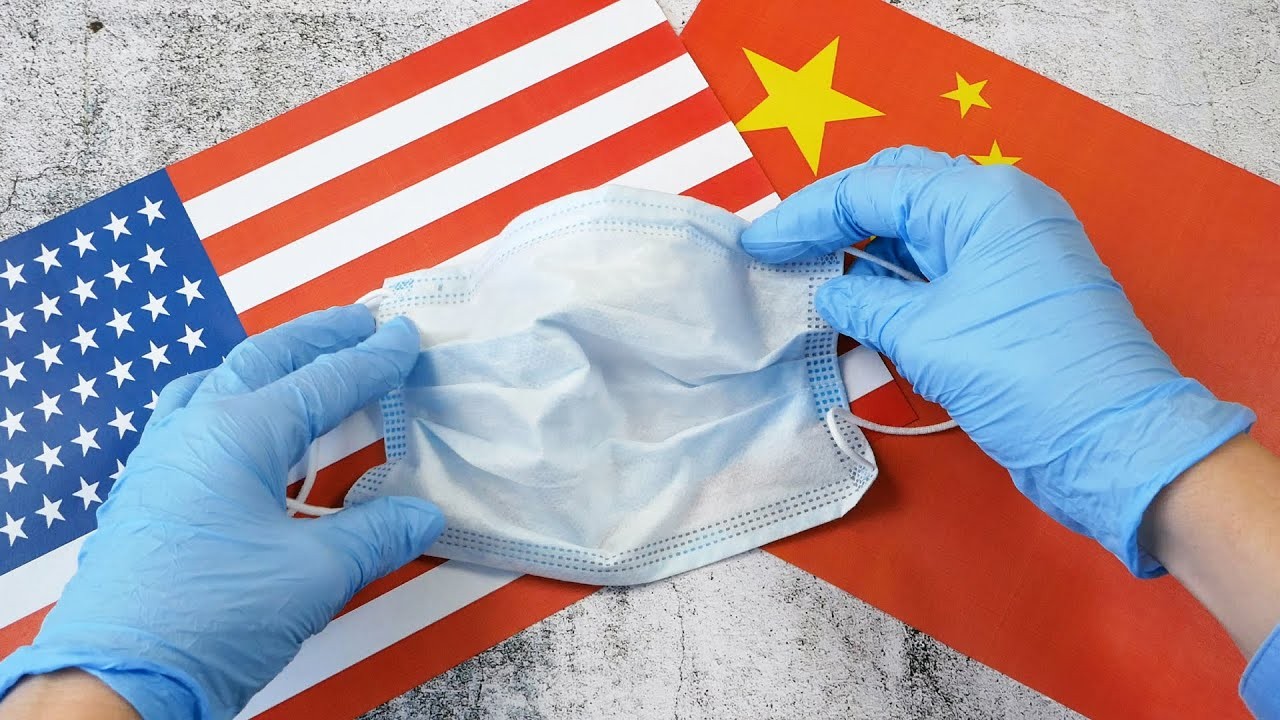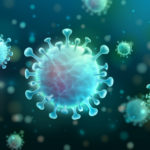A new study examining international cooperation during the early stages of the COVID-19 pandemic found that despite political tensions, both the United States and China lead the world in their COVID-19 research efforts.
The study, conducted at Ohio State University, and published in the peer-reviewed journal PLOS ONE, was the result of analysis from a database of coronavirus-based scientific articles from early-2018 to early-2020. The database was then compared to a similar one between January to April 2020.
In their examination of the databases, the nation of which the authors were based in were taken into account before and during the COVID-19 pandemic.
In the findings, it was determined that China substantially increased its coronavirus research after the origination of the first outbreak in Wuhan, China. During the first four months, Chinese researchers published the largest number of scientific articles on COVID-19, more than 1,600 articles.
The study also uncovered that China is purportedly the world leader in funding research of the novel coronavirus since the first outbreak began.
Furthermore, Ohio State researchers suggest that the National Institutes of Health was previously the leading funder of coronavirus research, with China’s governmental agencies now perceived to be more impactful in their funded research.
“A review of research articles produced in the first months of the COVID-19 pandemic shows that COVID-19 research had smaller teams and involved fewer nations than pre-COVID-19 coronavirus research,” the findings state.
“The United States and China were, and continue to be in the pandemic era, at the center of the global network in coronavirus related research, while developing countries are relatively absent from early research activities in the COVID-19 period.”
“These findings suggest that the global COVID-19 pandemic shifted the geographic loci of coronavirus research, as well as the structure of scientific teams, narrowing team membership and favoring elite structures. These findings raise further questions over the decisions that scientists face in the formation of teams to maximize a speed, skill trade-off,” the co-authors implied in their findings.
“Future research should use a variety of impact measures to identify the most important and impactful research during the COVID-19 period.”


